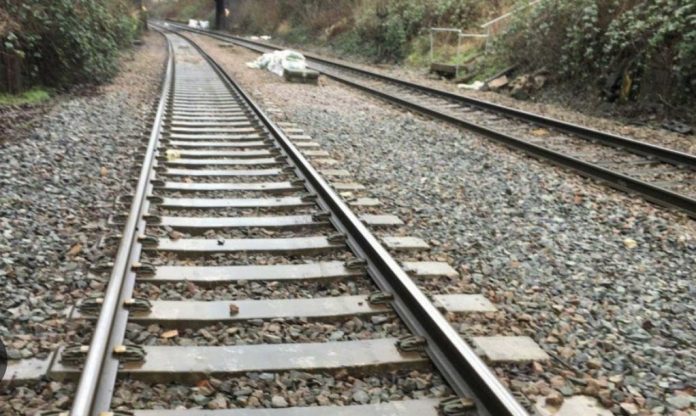The reforms set out in government’s rail transformation plans are facing delays, and there remain long-standing issues with the rail sector that need to be addressed, such as its financial sustainability and service to passengers, according to a new National Audit Office (NAO) report.
The report – Rail reform: the rail transformation programme – found that the Department for Transport (DfT) has made limited progress against its plans, with most of its work and savings delayed.
As at December 2023, DfT assessed that of the 12 high level benefits it aimed to achieve with rail reform, five were rated red and seven amber.
The Department for Transport agreed with the Treasury to deliver total savings of £2.6 billion by 2024-25, with most of this coming from workforce reforms, but it Noe’s forecasts it will achieve around three-quarters of this.
It also expected rail reform to result in annual savings of £1.5 billion from 2026-27 but these savings have been delayed with Great British Railways not yet established.
The Department is now implementing interim arrangements ahead of resetting how it delivers rail reform in the new Parliament, yet it is too soon to say whether these will be effective.
The UK’s independent spending watchdog also concluded that the relevance of much of the work so far– such as developing the future operating model for the rail sector – will depend on the policy direction of rail reform in the next Parliament.
The report found that most of the commitments set out in the rail reform white paper remain work in progress or paused, with around a third of them needing legislation before they can be completed.
The Department for Transport had identified the timetable as high-risk, reflecting ministerial ambition, but committed to the programme without a clear plan for what it needed to implement.
The NAO report found governance arrangements for the programme have been complex and ineffective.
Gareth Davies, head of the NAO said:
“The rail sector’s performance for passengers and the taxpayer has not been good enough for some time. While DfT identified key problems that need to be addressed as part of its rail reforms it has not been able to translate this into a deliverable programme.
“The speed at which DfT intended to move on a complex set of reforms gave it too little time to plan, build agreement and deliver. DfT should work more closely with organisations across the rail sector to help improve collaboration and culture ahead of any structural changes; clearly understand what it wants to deliver and then set out realistic plans for achieving its objectives.”







